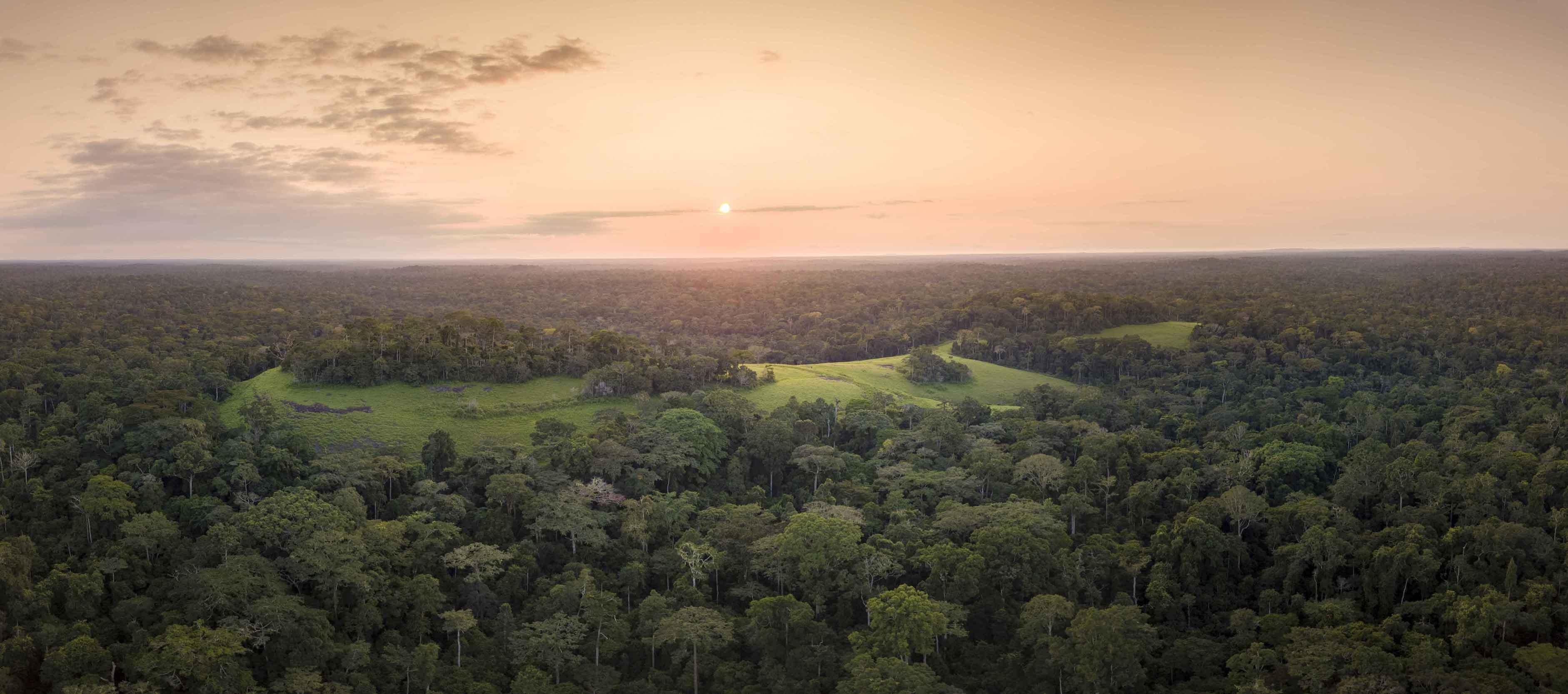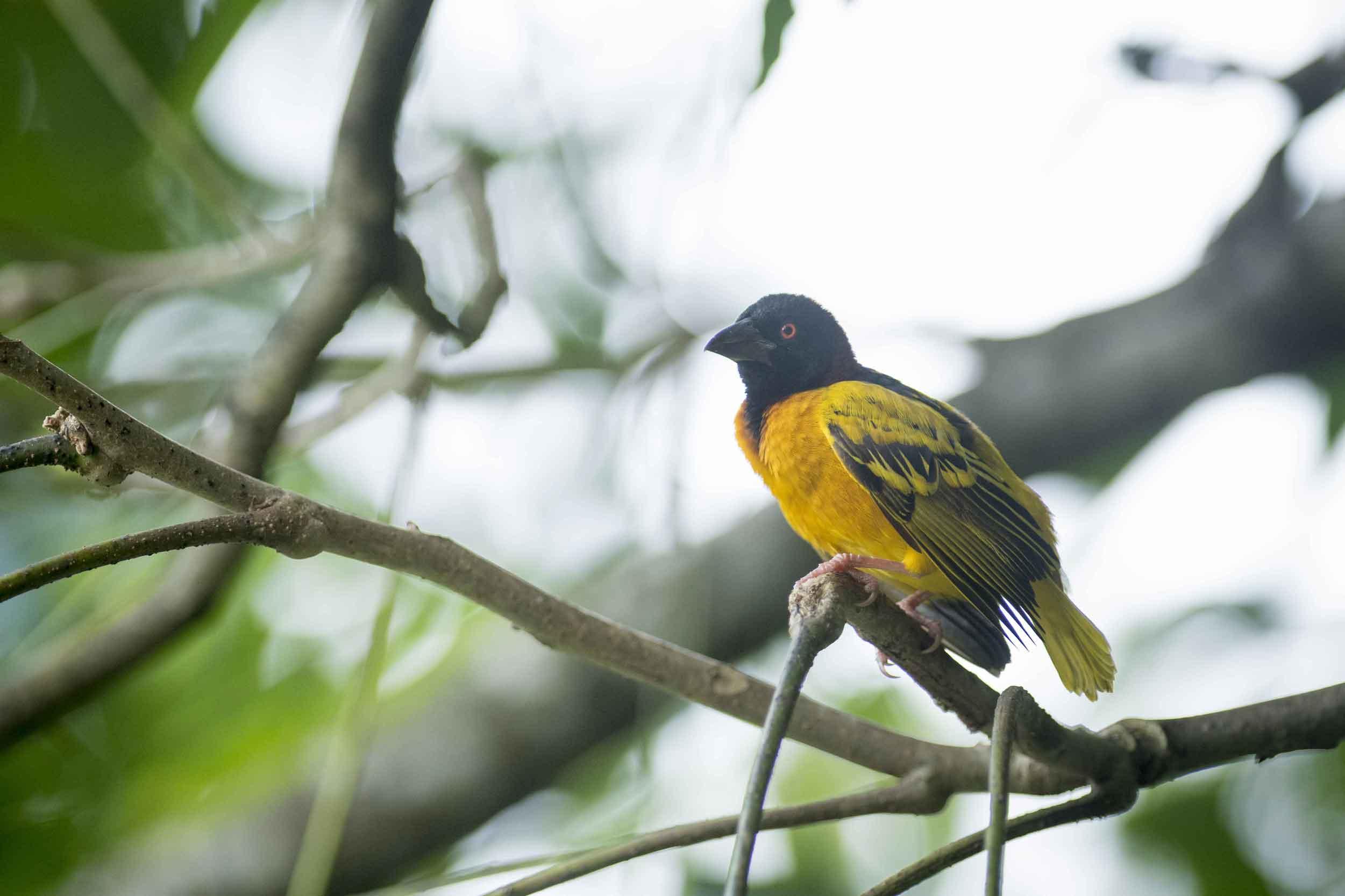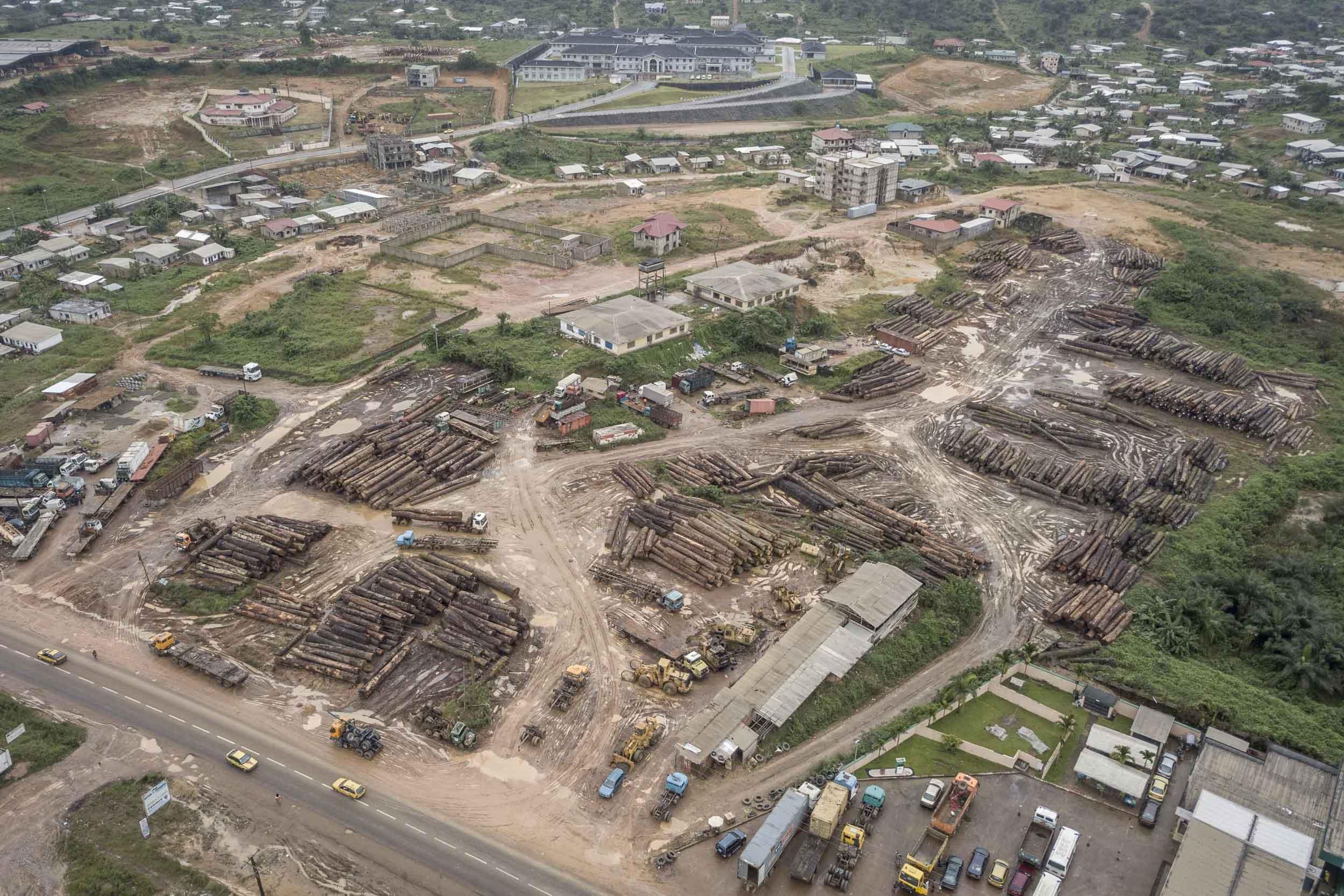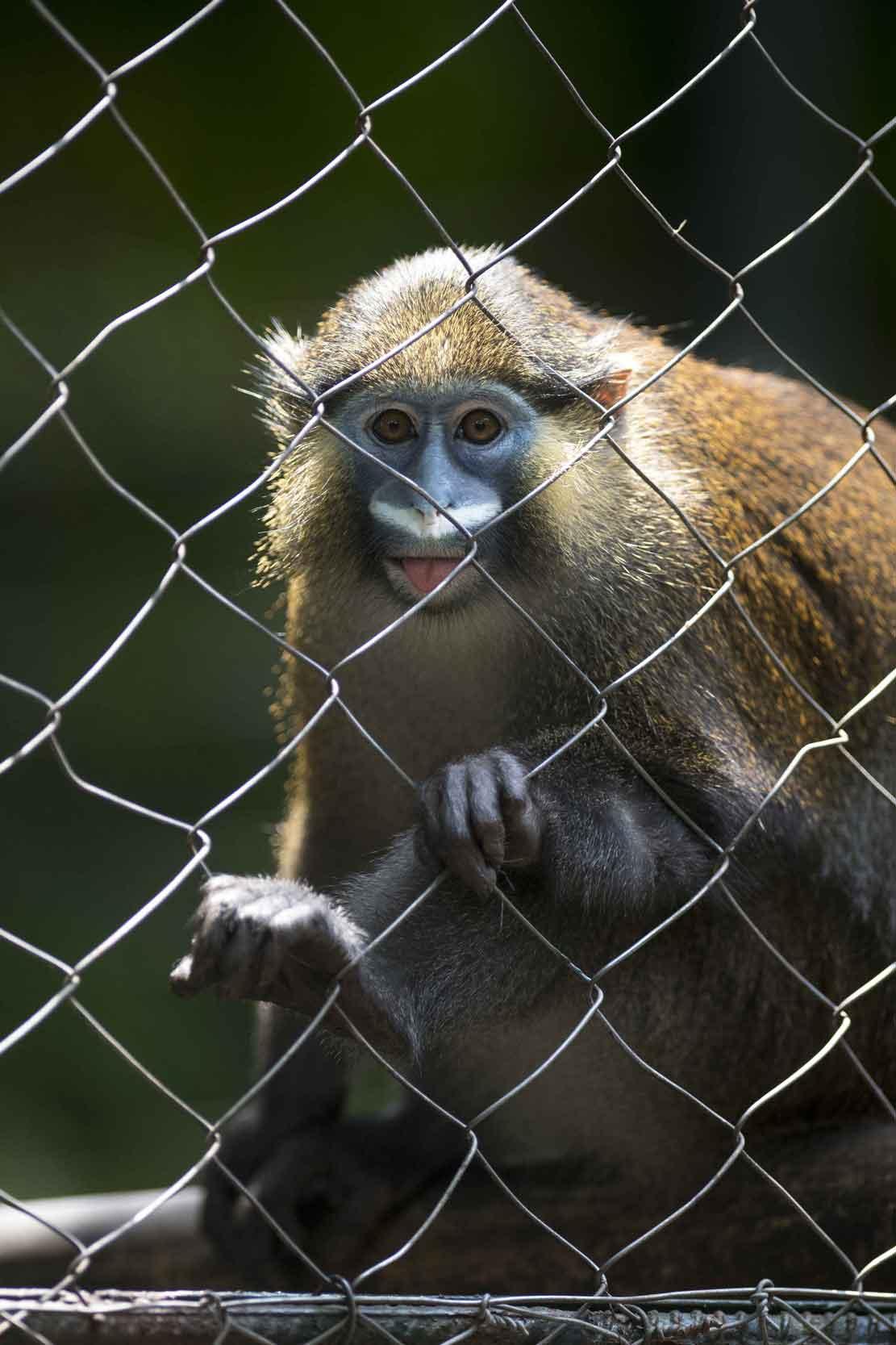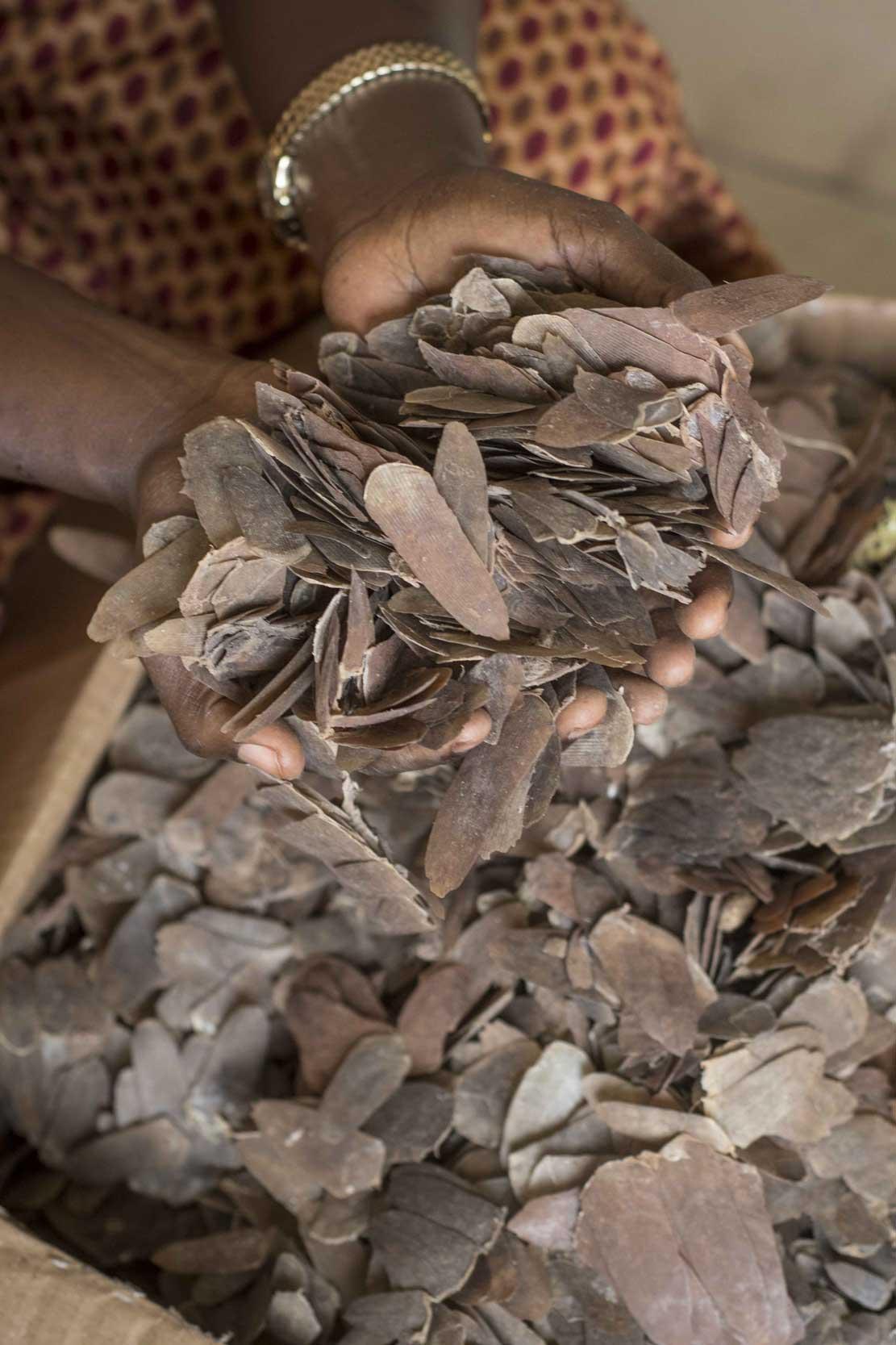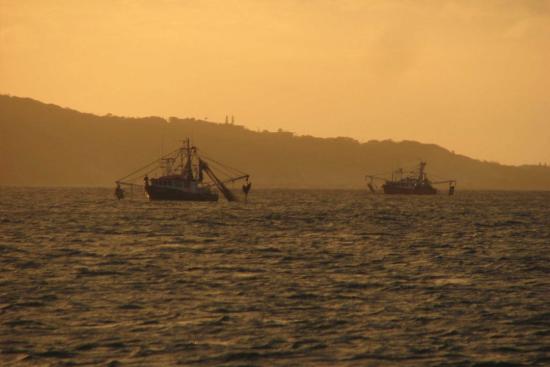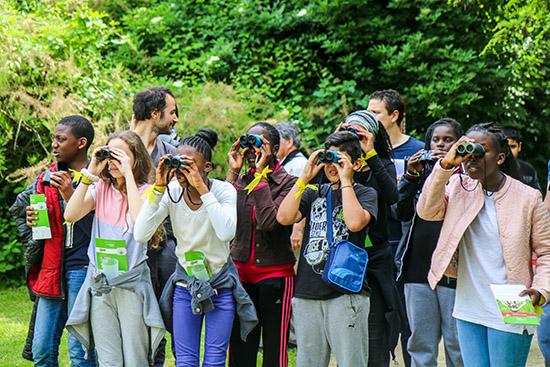Africa-TWIX (Trade in Wildlife Information eXchange) is an innovative system for the exchange of information on the illegal trade in wild animals. Bringing together five pilot countries in 2016 – Cameroon, the Republic of Congo, the Democratic Republic of Congo, Gabon and the Central Africa Republic – the project aims to extend to other countries across the continent. Its key tools are a secure mailing list and a collective online database through which the information collected in each country can be shared between different authorities and monitoring bodies. Thanks to the exchanges facilitated by the platform, its users – customs agents, prosecutors, police and environmental groups – can bolster their cooperation and more rapidly identify illegally transported fauna and flora. They can also cross-reference data concerning endangered species as well as buyers and their modes of operation in order to better target their investigations and seizures.
The Fondation d’entreprise Hermès supports this project as part of its commitment to further local trades and knowledge that contribute to the preservation of biodiversity. This four-year commitment has enabled the WWF to hire a developer for the database as well as to train agents on the ground to use this new tool.
